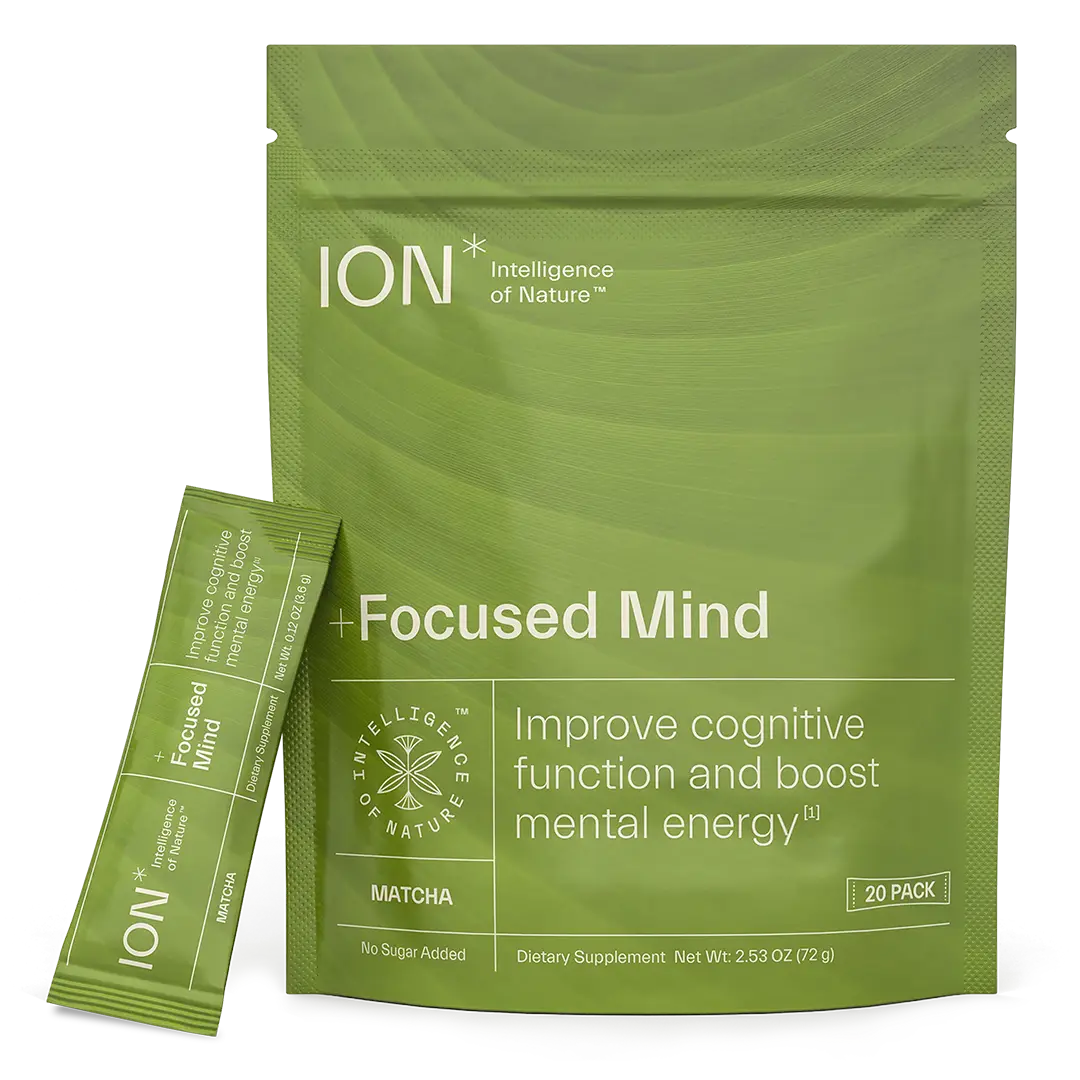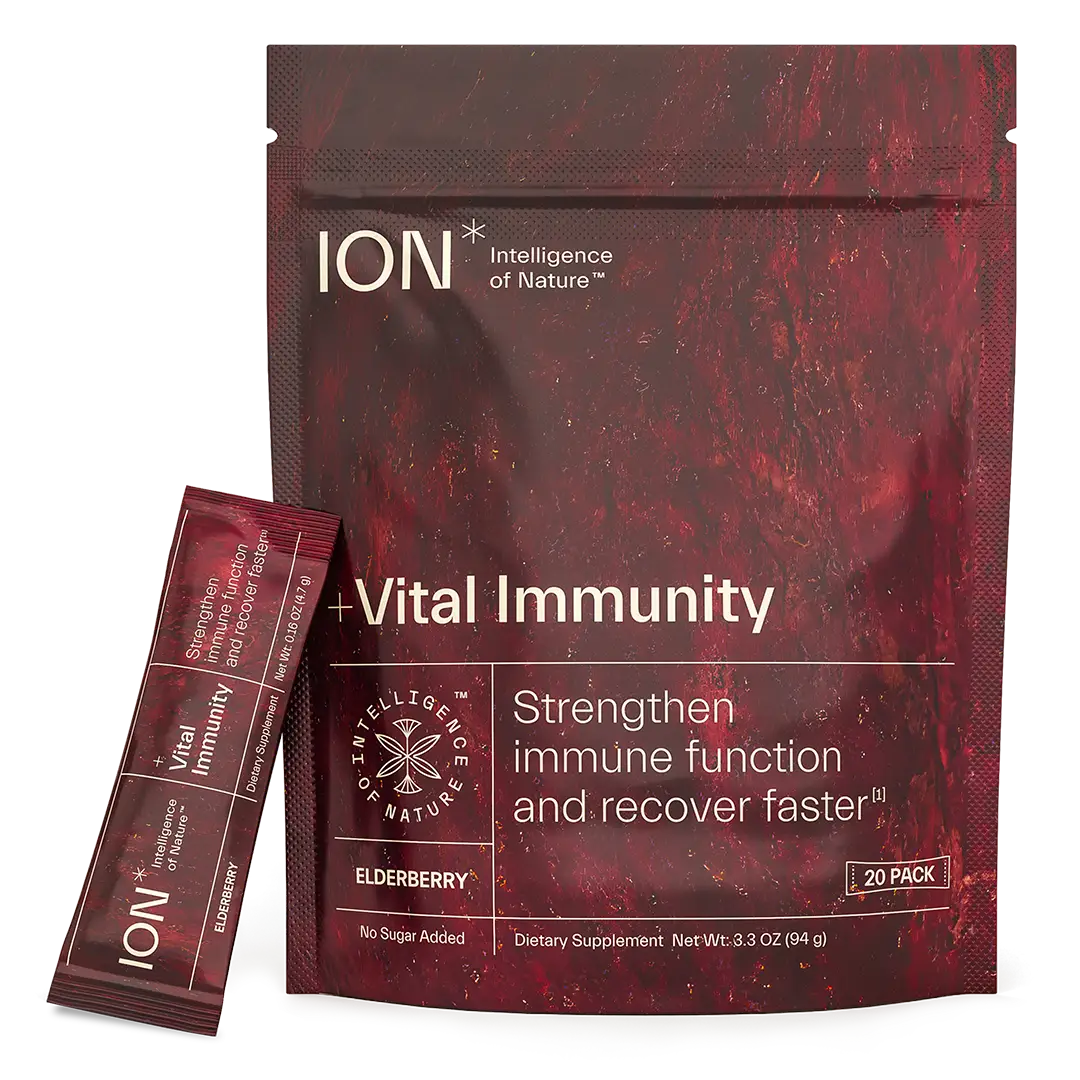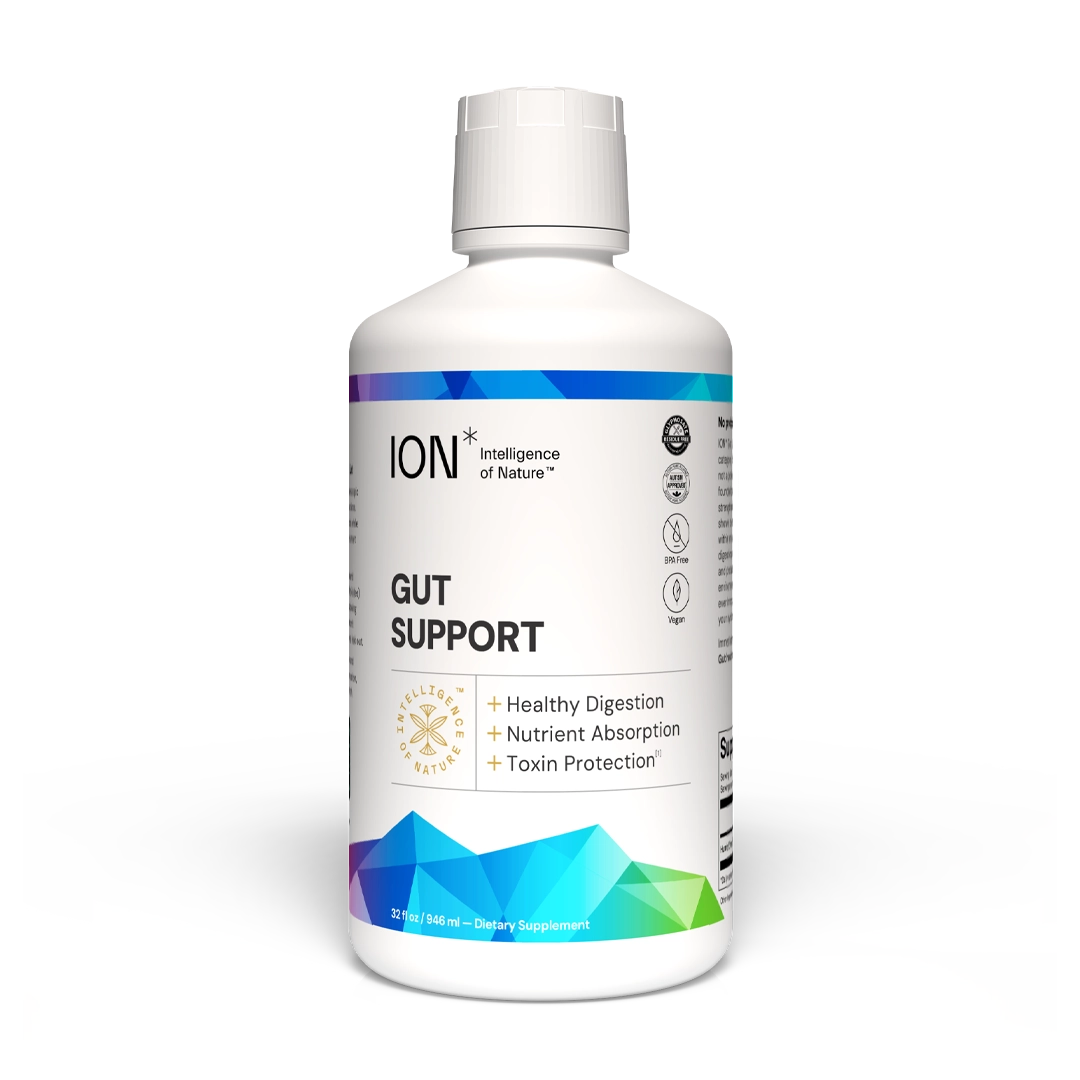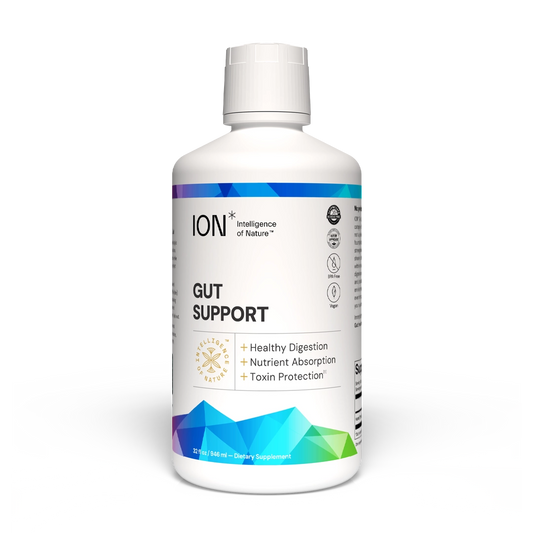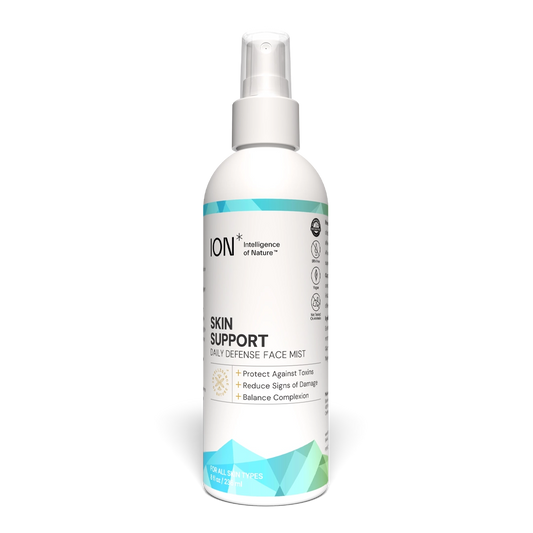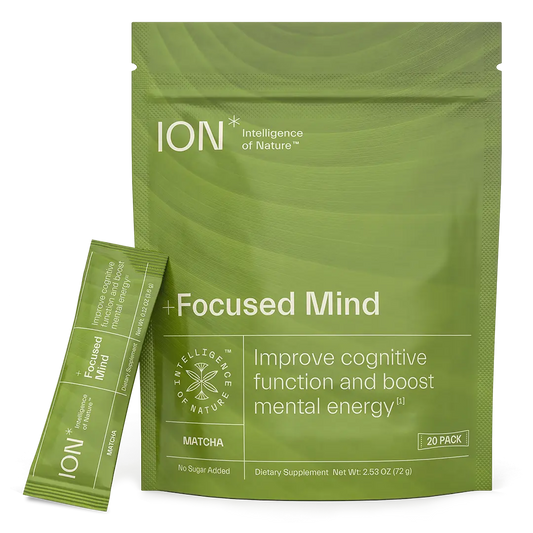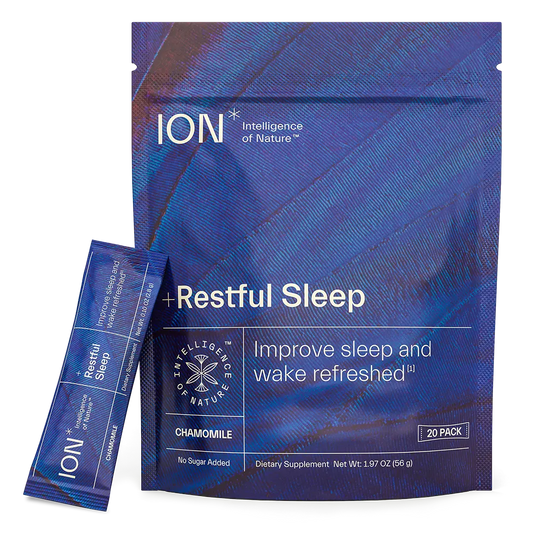
When I saw that the retail stores were already selling Valentine’s Day candy (before we had even rung in the new year), I started thinking. This year, I want to dedicate February 14th not only to love, but also to heart heath. After all, a healthy heart is essential to a long life with the ones you love.
3 Heart Health Tips
1. Exercise regularly
Your heart is a complicated muscle. But just like any muscle, if you exercise it regularly, it gets stronger. Despite this, two-thirds of adults in the United States do not meet the minimal recommendations for activity as outlined by the Center for Disease Control and The American Heart Association. Both recommend that adults participate in 30+ minutes of moderate intensity activity, at least 5 days a week. “Moderate intensity activities” include walking briskly at about 3 to 4 miles per hour, yard work, household tasks, cycling, and swimming1.
2. Maintain healthy lungs
What also makes for a healthy heart is what it pumps. Your blood can be thought of as a train and the heart as the locomotive. Your blood makes pit stops at the lungs for gas exchange (oxygen is absorbed, carbon dioxide is expelled) and at the gut for nutrient absorption. This means that both your lungs and your gut need to be functioning well for the blood to receive healthy inputs such as clean air and healthy food.
The lungs function best when we follow the aforementioned recommended daily exercise and avoid unhealthy inputs such as polluted air from cars, power plants and yes, if it was not obvious, from smoking, a very unhealthy input2.
Learn more about respiratory health.
3. Let your gut work for your heart
For your gut to function well, however, you need something more innate: a diverse microbiome and a healthy gut lining. The former is needed because a thriving community of bacteria and fungi in your gut is what digests your food. These foods are then digested into nutrients, providing what your cells need to grow and repair, including the cells in your heart. Biodiversity in your microbiome is what is best for good digestion as it ensures there is the right bacteria and fungi to break down your food.
Further, evidence suggests that the richness and diversity of the microbiome not only prevents pathogenic bacteria from accessing your gut lining, but also actively promotes the state of a healthy barrier through the action of their metabolism3. With an imbalanced gut microbiome there can be increases in production of compounds such as indoxyl sulfate and p-Cresyl sulfate, which are directly associated with gut lining (endothelial) dysfunction, inflammation, oxidative stress, and increases in the incidence of cardiovascular disease and mortality4. Essentially, by eating a diverse, healthy diet full of micronutrients (vitamins and minerals), you can support your gut lining, allowing your blood to absorb nutrients effectively.

How to Keep Your Heart Healthy With ION*
ION* promotes heart health by ensuring that your gut houses a thriving microbiome capable of giving cells what they need to grow and repair.
Unfortunately, food grown in our present-day ecological environment is fundamentally altered by man-made chemicals which negatively impacts your gut lining5,6. This is where ION* can help. Scientifically proven to mitigate the effects from environmental toxins such as glyphosate, a common water-based pesticide6, ION* helps to strengthen your gut lining and allow for natural diversification of your unique microbiome. By taking ION* daily you can be confident you are doing something that supports not just gut and microbiome health, but heart health as well.
Happy Microbiome!
Matthew Bednar, PhD
Bringing science out of the lab and into your life.
References:
- Exercise and cardiovascular health, Myers J., Circulation. 2003 Jan 7;107(1).
- Heart Disease and Stroke Statistics-2018 Update: A Report From the American Heart Association, Benjamin EJ, Virani SS, Callaway CW, Chamberlain AM, Chang AR, Cheng S, Chiuve SE, Cushman M, Delling FN, Deo R, de Ferranti SD, Ferguson JF, Fornage M, Gillespie C, Isasi CR, Jiménez MC, Jordan LC, Judd SE, Lackland D, Lichtman JH, Lisabeth L, Liu S, Longenecker CT, Lutsey PL, Mackey JS, Matchar DB, Matsushita K, Mussolino ME, Nasir K, O'Flaherty M, Palaniappan LP, Pandey A, Pandey DK, Reeves MJ, Ritchey MD, Rodriguez CJ, Roth GA, Rosamond WD, Sampson UKA, Satou GM, Shah SH, Spartano NL, Tirschwell DL, Tsao CW, Voeks JH, Willey JZ, Wilkins JT, Wu JH, Alger HM, Wong SS, Muntner P; American Heart Association Council on Epidemiology and Prevention Statistics Committee and Stroke Statistics Subcommittee. Circulation. 2018 Mar 20;137(12):e67-e492. doi: 10.1161/CIR.0000000000000558. Epub 2018 Jan 31. Erratum in: Circulation. 2018 Mar 20;137(12 ):e493. PMID: 29386200.
- Diet, Microbiome, and the Intestinal Epithelium: An Essential Triumvirate?, Javier Rivera Guzman, Victoria Susan Conlin, and Christian Jobin, BioMed Research International, Volume 2013, Article ID 425146, http://dx.doi.org/10.1155/2013/425146.
- Indoxyl sulfate-induced endothelial dysfunction in patients with chronic kidney disease via an induction of oxidative stress Yu M, Kim YJ, Kang DH.. Clin J Am Soc. Nephrol. 2011;6:30–39.
- Majewski MS, Coupe RH, Foreman WT, Capel PD. Pesticides in Mississippi air and rain: a comparison between 1995 and 2007. Environ Toxicol Chem. 2014 Jun;33(6):1283-93. doi: 10.1002/etc.2550. Epub 2014 Apr 4. PMID: 24549493.
- Protective Effects of Lignite Extract Supplement on Intestinal Barrier Function in Glyphosate-Mediated Tight Junction Injury, Gildea J, Roberts D, Bush Z, Journal of Clinical Nutrition & Dietetics, 2017 – 03, 10.4172/2472-1921.100035.
